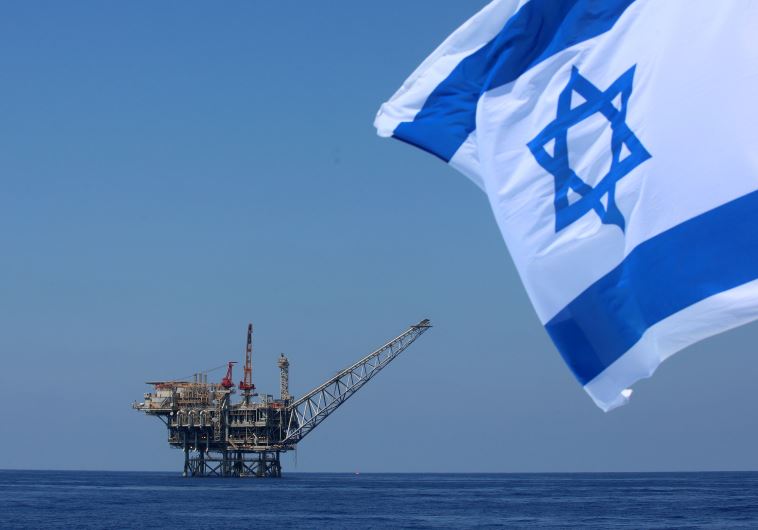Tamar, Leviathan partners: Egyptian gas sale negotiations still underway
The negotiations are being conducted with commercial companies, not the Egyptian national gas companies.
 Israel Navy missile ship patrols near gas field(photo credit: MARC ISRAEL SELLEM/THE JERUSALEM POST)Updated:
Israel Navy missile ship patrols near gas field(photo credit: MARC ISRAEL SELLEM/THE JERUSALEM POST)Updated: